Search
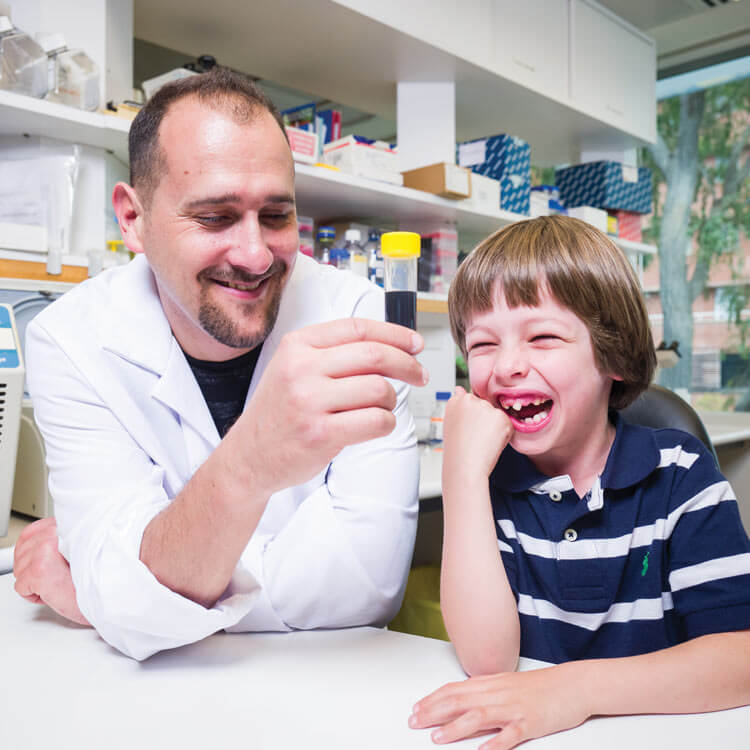
Thanks to an enabling donation from the Stan Perron Charitable Foundation, The Kids Research Institute Australia is home to one of the first paediatric personalised medicine research centres in the world.
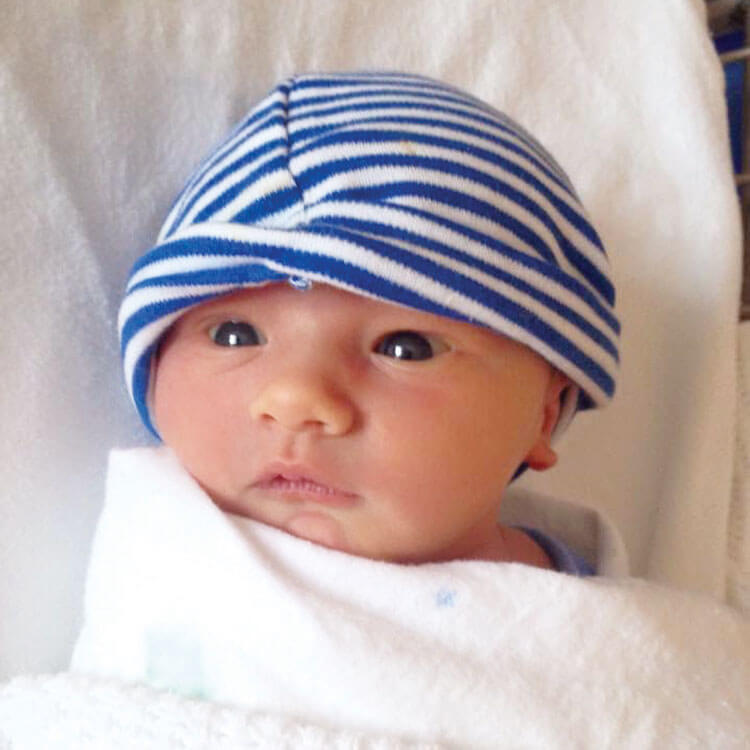
The quest to stop infectious diseases from killing our kids
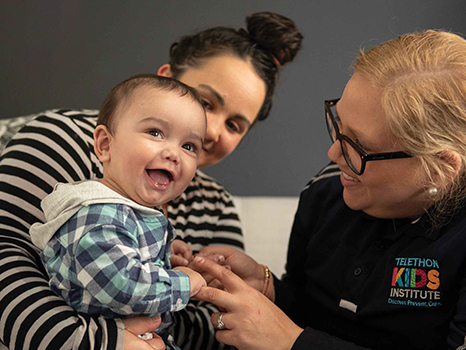

News & Events
Donor support creates opportunities for Aboriginal researchers and staffAt The Kids Research Institute Australia, we are committed to the ongoing work in Aboriginal health which includes investment, support and training of our Aboriginal researchers and staff.

News & Events
Introducing our inaugural Illuminate Award recipientsWe are excited to announce the winners of our inaugural Illuminate Awards

News & Events
Meet Shanara - STARS Award RecipientShanara Quartermaine has just received 2022Supporting Training of Aboriginal Researchers & Staff (STARS) Capacity Building Funding Award.
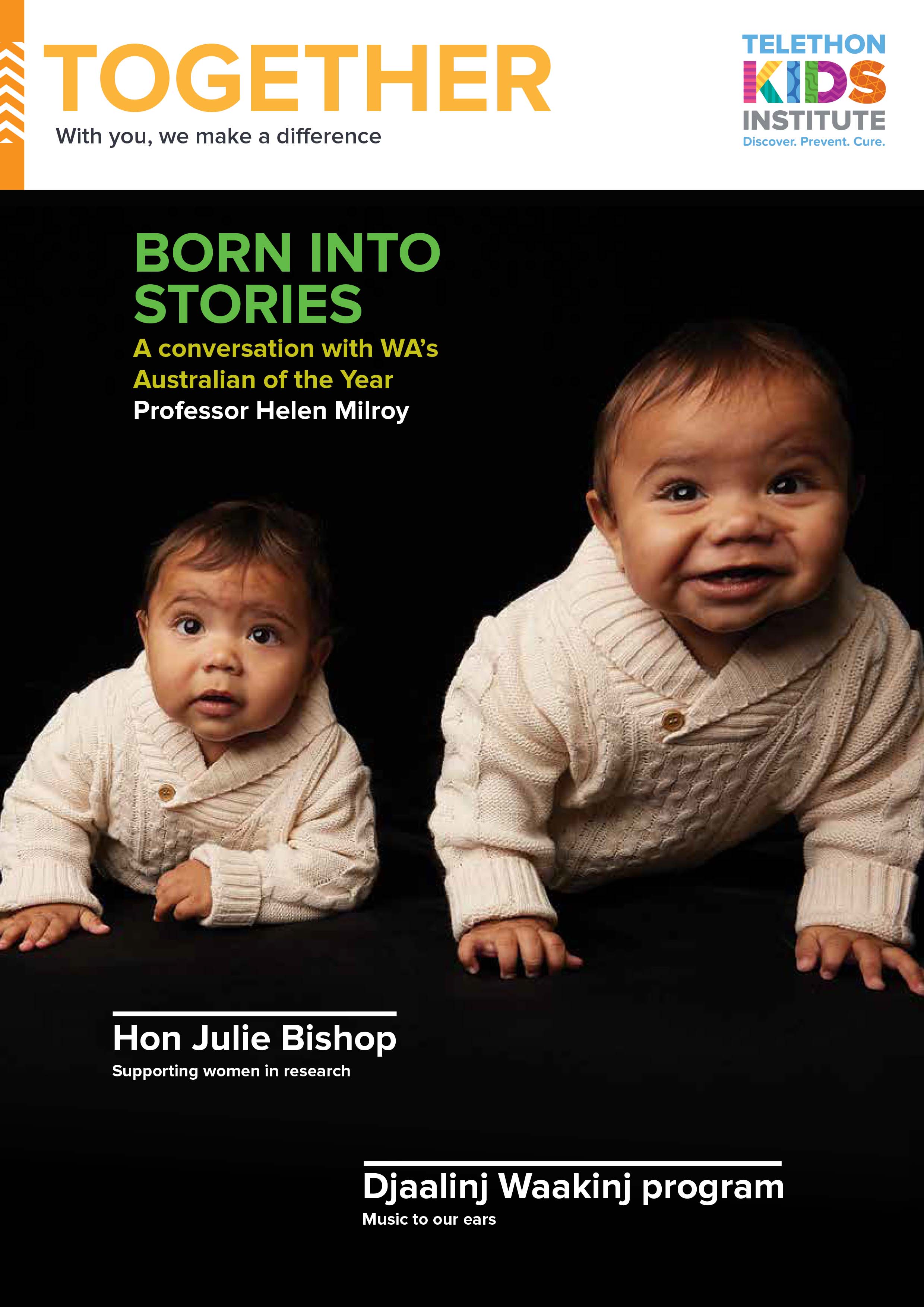
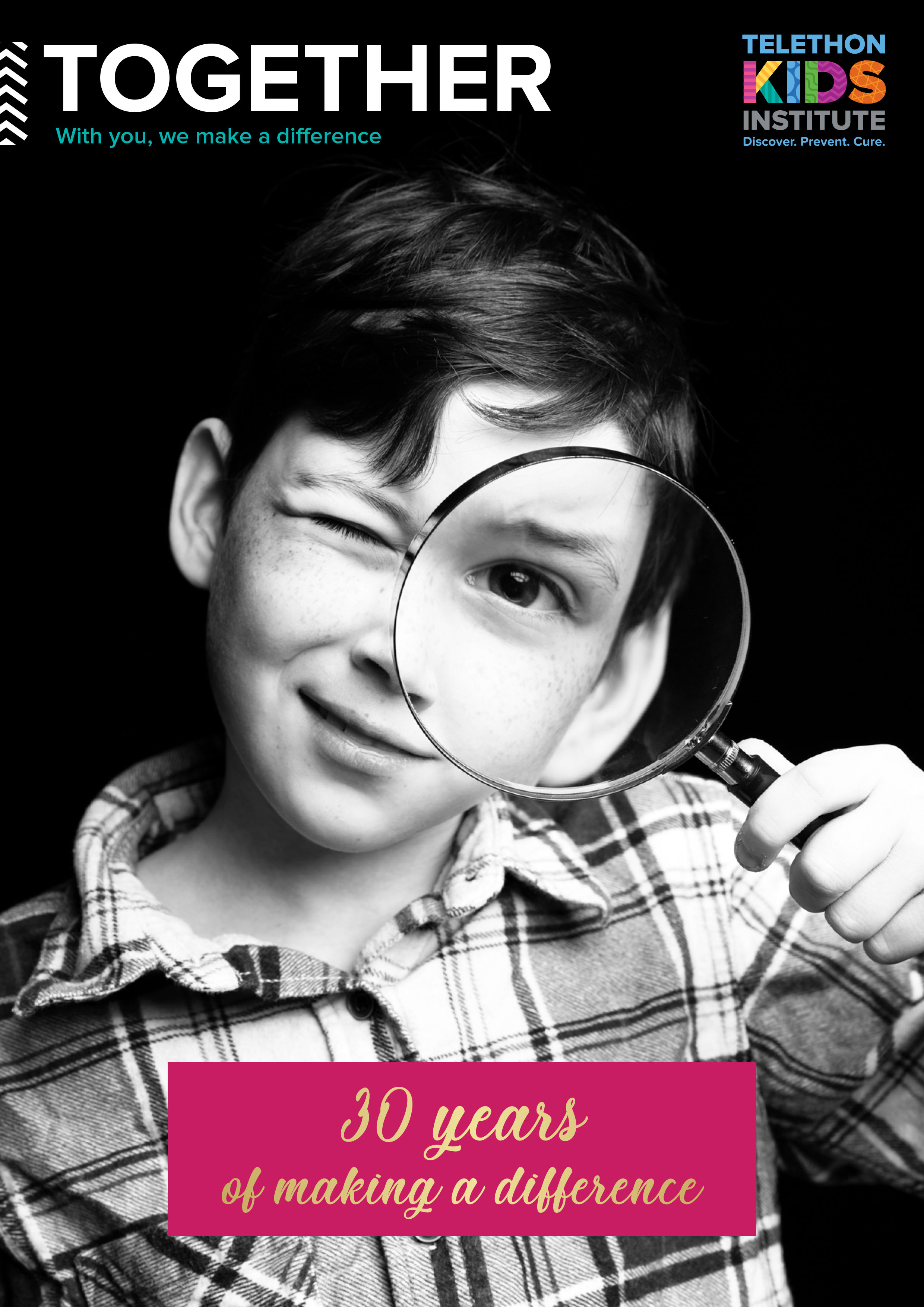
Read the summer 2025 edition of the Together Magazine
Research
PlaygroupsThe importance of play for a child’s development is irrefutable. Playgroups provide a safe environment for children of similar ages to play and develop prior to starting school.
